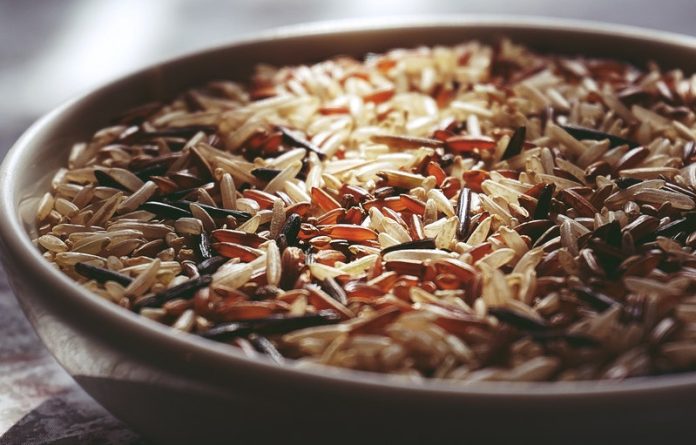
Scientists from Gifu University found that eating a diet rich in rice may benefit heart health in the Japanese population.
The research was published in Nutrients and was conducted by Keiko Wada et al.
Coronary heart disease or coronary artery disease occurs when a coronary artery clogs and narrows because of a buildup of plaque.
Plaque is made of fat, cholesterol, and other materials. This plaque builds up inside artery walls and can cause the arteries to narrow and stiffen.
The Japanese diet is believed to contribute to longer life expectancy and lower death risk from heart disease, particularly coronary heart disease, in Japanese people compared with people in Western countries.
Rice is the staple food in Japan, and a typical Japanese meal consists of rice as a grain dish along with soup and several other dishes.
But scientific findings on rice-based diets and heart disease are limited.
In the study, researchers aimed to examine the link between eating rice as grain dishes and heart disease death risk in comparison with eating bread and noodle.
They tested 13,355 men and 15,724 women aged ≥35 years who enrolled in the Takayama Study. Diet intake was assessed using a food questionnaire.
The researchers found that for men, eating rice more frequently was linked to lower heart disease. But no strong association was found among women.
Rice intake was linked to eating more soy products and seaweed and eating less meat and eggs.
The team also found neither bread nor noodles were linked to heart disease death risk.
Based on these findings, the researchers concluded that in Japan, choosing rice as a grain dish is likely to be accompanied by healthier foods as side dishes, and this may help with the prevention of heart disease.
Copyright © 2022 Scientific Diet. All rights reserved.





